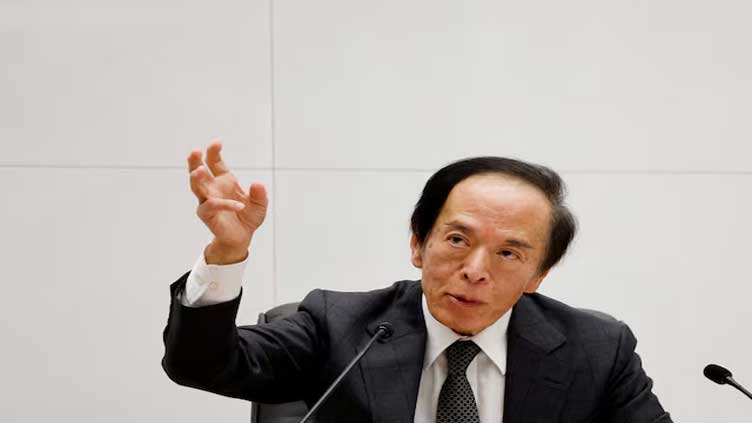Japan rates' fate rests on Trump-Ishiba bromance

Business
Japan rates’ fate rests on Trump-Ishiba bromance
HONG KONG (Reuters Breakingviews) - Another 0.25 percentage-point hike, to Japanese rates has come and gone without markets batting an eye. That is surely the point of the central bank’s drive to normalise monetary policy. With wages and prices on the up, Citi economists have pencilled in two more hikes in June and December. That would take rates to 1% by the end of the year “barring escalation in trade wars and sharper yen appreciation,” they hedge.
There’s the rub: Japan's annual trade surplus with the U.S. is 8.6 trillion yen ($55 billion). That puts pressure on Prime Minister Shigeru Ishiba to convince President Donald Trump not to ratchet up tariffs on Japanese goods, which Goldman Sachs analysts warn would have a "significantly negative" impact on exports.
Ishiba has a tough act to follow: the late Shinzo Abe launched a charm offensive after Trump’s first election, using time spent playing golf and grabbing burgers to convince the president there was no conflict between the two countries’ national interests.
Commentators in Tokyo have suggested Ishiba hit the driving range ahead of his first trip to Washington, currently expected in February.
Whether the ramen-loving, model-ship aficionado can reproduce Abe’s bonhomie with Trump is not clear. But there is plenty he can offer to mollify the self-proclaimed "tariff man".
Ishiba, a former defence minister, can also point to an increase in his country's military budget to show he agrees with Trump that Japan should play a bigger role in its own protection. Last month his cabinet approved a record 8.7 trillion yen defence budget, including 940 billion yen for a missile system using U.S.-made weapons.
And the prime minister can offer to further limit the sale of advanced machinery and equipment to China. It would reduce revenue at chip equipment makers like Tokyo Electron, but that pales against the hit of across-the-board tariffs. Ishiba could do worse than remind the returning president he’s got bigger fish to fry — and that Japan can help.
The Bank of Japan on Jan. 24 raised interest rates by 0.25 percentage points to 0.5%, in line with market expectations.
Economists at Citi expect two more hikes to take rates to 1% by the end of 2025. Yields on 1-year government bonds have levelled off at around 0.5% amid concerns U.S. President Donald Trump could impose new tariffs.


